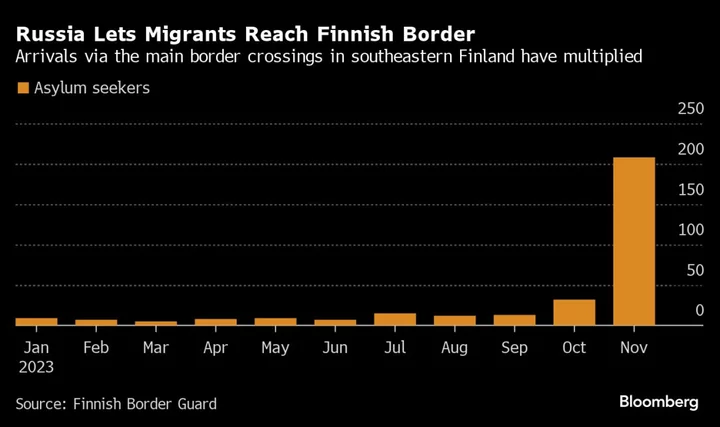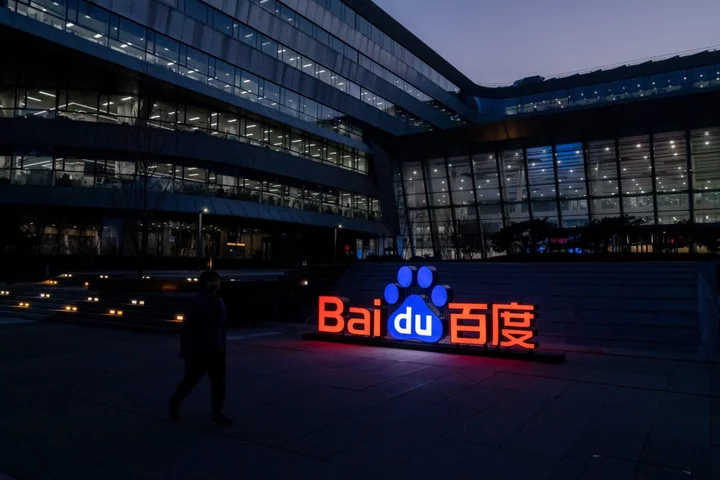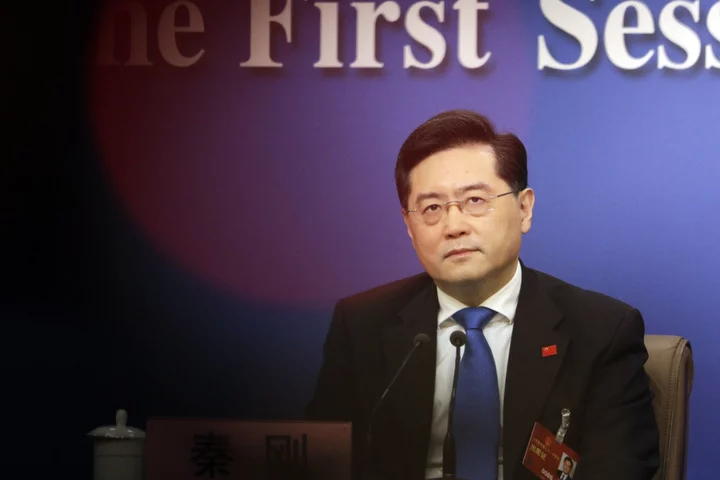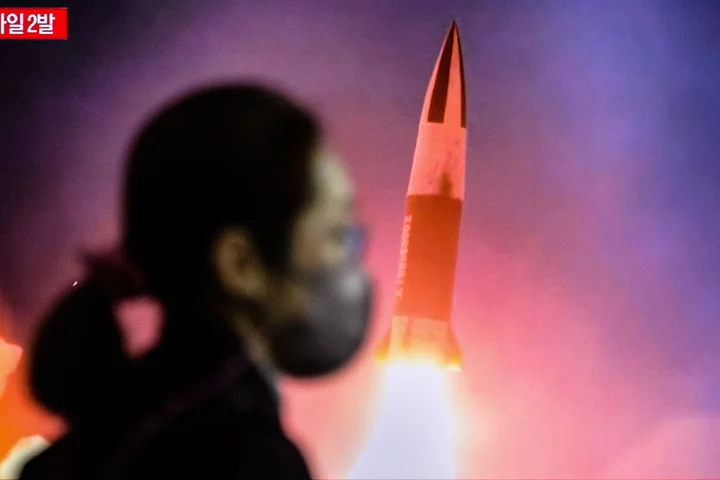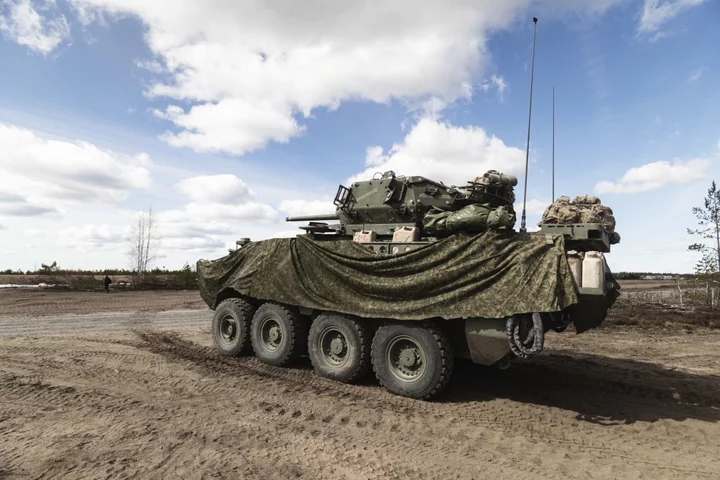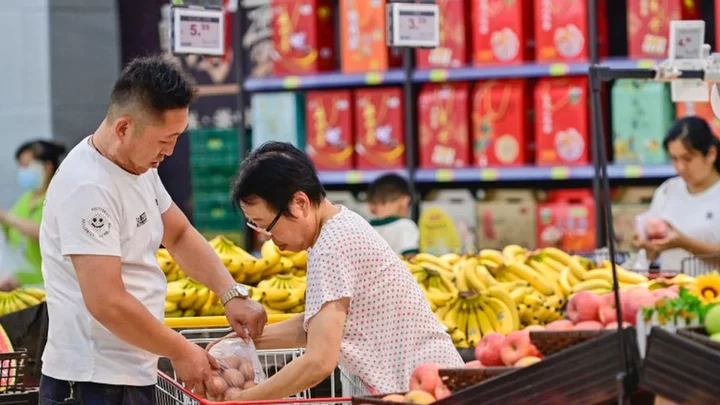OpenAI Inc. Chief Executive Officer Sam Altman thinks humanity is “on a path to self-destruction as a species right now,” but he said artificial intelligence could be a solution.
“We need technology if we want to flourish for tens or hundreds of millions, or thousands of millions of years,” the CEO said on a panel Wednesday at the Asia-Pacific Economic Cooperation summit in San Francisco.
Altman joined Meta Platforms Inc. Chief Product Officer Chris Cox and Google Senior Vice President James Manyika in extolling the promise of AI on stage. But the executives also said that the technology has risks heading into a major election year in the US.
When it comes to elections, “the dangerous thing is not really what we understand, the existing images and videos, but it’s all the new stuff,” Altman said. The as-yet-unknown risks could include possible innovations in personalized persuasion. “We don’t fully understand how it will work,” he said.
Cox said that Meta was focusing “quite seriously on our role in elections,” and noted that while AI could exacerbate some misinformation problems, it would also be useful in detecting harmful content before it spreads.
Cox added that Meta had worked with a variety of people, including White House officials and other elected leaders, when developing its artificial intelligence large language model, Llama 2. “I think all of those steps are necessary,” Cox said. “You can’t jut say, ‘Trust us.’”
Altman, who has been vocal about the need for government oversight of AI, said that big regulatory changes weren’t needed for current versions of the technology, but would be soon.
“We don’t need heavy regulation here or probably for the next couple generations,” he said. “But at some point when a model can do the equivalent output of a whole company, or a whole country, or a whole world, maybe we do want some collective supervision around that.”
(Updates with context and quotes starting in the first paragraph.)


